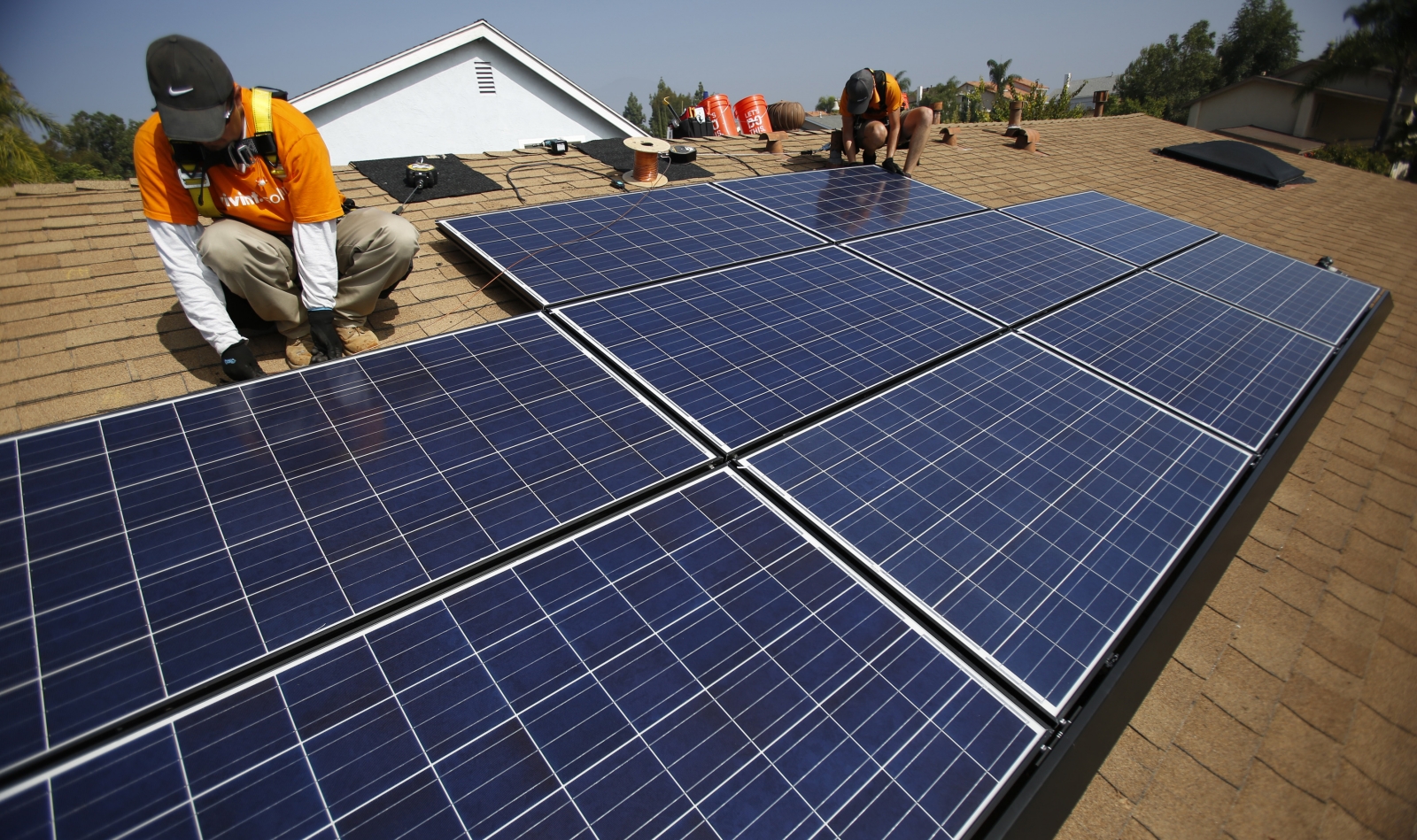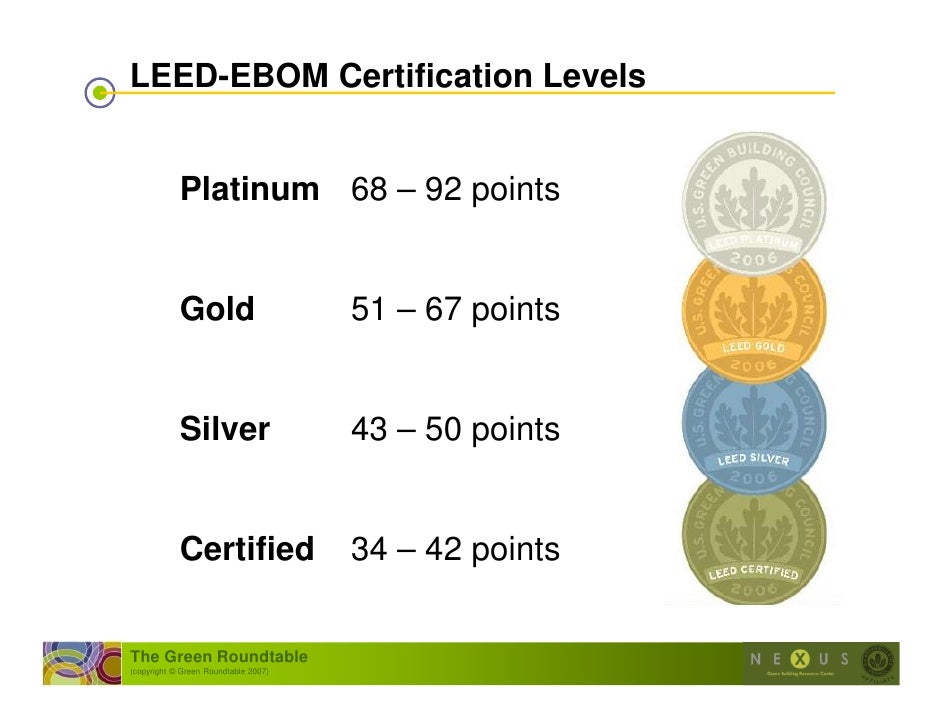Chapter 1 Blog: Ecological Design
There are many ideas and concepts that can be taken from nature and used to help push design forward and become smarter. Nature is something that is very complex yet, very simple in its ways. Plants only absorb as much sunlight as they need all things from plants is recycled and given back to the environment (Tucker page 11). These are prime examples of ways design can model the environment to help create a cleaner world. Some ways we can become more environmentally conscious based off these traits of nature is items like solar panels to help power homes and building and reusing or recycling products. Plastic water bottles that have been filling up in landfills can be melted down to create fibers to make polyester, implementing more practices such as this one will help to cut back on the amount of natural resources used and help preserve them for years to come.
Another system designers and builders can implement biophilic design, which helps to bring nature into our designs. This means more natural materials and processes that are not harmful to the environment but, also things such as natural lighting and plant based relationships within the spaces (Tucker page 13). The goa of this philosophy is to help create a "harmony" between interior spaces and the world outside. This method does have some benefits to humans such as sunlight boosting moods and helping combat depression. Having plants inside spaces has also been proved to help create a more positive environment.
Having certified products, processes, and systems is another highly sought after stamp in the building and design industry. There a three different types of certification but one in particular is the highest certification that can be given. Third party certification is the best of the best with certification due to the fairness of the process. This is not to say other certifications are not fair but, in third party there is no association with the products or services being evaluated. This means those giving the certification do not have any personal or business gain from the product or service upon certification. It is a completely unbiased process. Some organizations that give third party certification are Cradle to Cradle, Green Seal etc. (Tucker page 14 & 15). Second party certification is when the industry involved in the product or service looks to get their own method certified. For example, the carper industry handles their own certifications for their products (The Carpet and Rug Institute).
Judson's own HAWAC Building is in fact LEED Gold certified and has some elements of biophilic design incorporated. When I first toured the building before attending school here, I immediately fell in love with the building. I loved the open and grand feeling of the staircases. The fourth floor studio in particular was outstanding to me, the large glass enclosed center peers down to the first floor and makes the whole building feel united. This specific feature is biophilic design, it take the natural sunlight and view of the sky and shines it all through the center of the building reaching each floor. The building overall makes me feel comfortable and inspired to be working in a space designed so beautifully.




Megan- this is an awesome first Blog entry. I really appreciate your summary of Chapter one and how you processed the information. Your images were well done.
ReplyDeleteI appreciate your evaluation of HAWAC- open and grand is a very accurate description of this building. How the sunlight and view of the sky shines down through the shaft is wonderfully biophilic. Great job on your first entry!